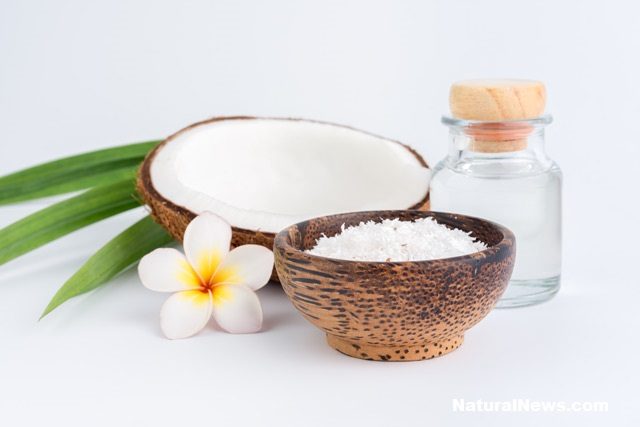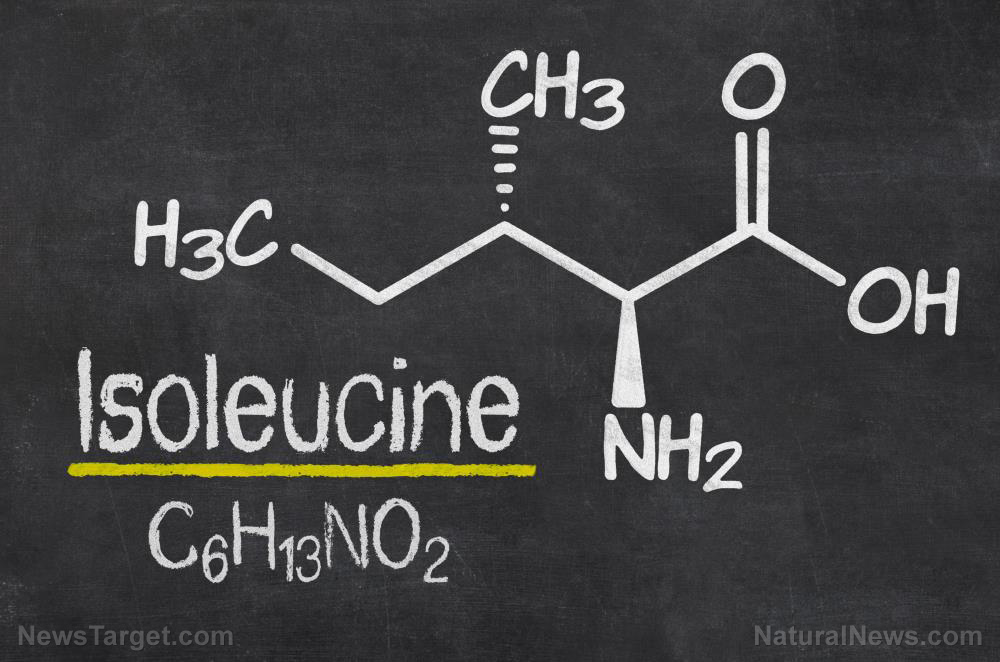Scientists: Taking EPA and DHA omega-3s reduces your risk of cardiac death
11/13/2018 / By Vicki Batts

Omega-3 fatty acids can help reduce your risk of heart disease — even if the mainstream media is trying to say otherwise. While Big Pharma is trying to get everyone under the sun hooked on a prescription statin drug for “heart health,” it turns out that all you really need to do is follow a healthy diet, and perhaps consider supplementation to fill in nutritional gaps.
Given that food is a primary driver of disease in the United States, it would seem self-evident that food is also the solution to the nation’s health crises. However,the pharmaceutical industry uses its power and influence to keep the simple fact that proper nutrition (and other health-promoting lifestyle choices) are key in disease prevention and treatment.
Omega 3 fats reduce cardiac death risk
A recent study published in the Journal of Clinical Lipidology has shown that omega 3 fatty acids can, and do, help reduce the risk of heart disease and cardiac death. Specifically, the compounds EPA (eicosapentaenoic acid) and DHA (docosahexaenoic acid) were linked to an overall eight percent reduction in risk.
This may not sound like a lot, but consider the fact that statin drugs — which are widely promoted as a “cure all” for heart disease — only reduce the absolute risk of heart attack by a dismal one percent.
Cardiac death represents nearly two-thirds of all cardiovascular deaths in the United States, claiming the lives over over 405,000 people each year. Eight percent of that number is 32,400. That’s 32,400 lives that could potentially be saved, just with adequate nutrition.
More, that eight percent figure is just an average: In people who took more than one gram of omega-3s every day, the reduction in risk was far more pronounced — to the tune of a 30 percent drop in cardiac death rates.
And as Natural Health 365 reports further:
An even higher risk reduction of 17 percent was found in groups with elevated LDL cholesterol or triglycerides. This substantiates the hypothesis that DHA and EPA omega 3s are likely the most useful for reducing cardiac death in those at higher risk.
Fatty acids and heart health
Currently, the American Heart Association suggests that healthy people get at least 250 to 500 mg of EPA and DHA per day. Patients diagnosed with heart disease are encouraged to up that amount to one gram — and according to this new research, one gram is indeed enough to elicit substantial benefits.
Dr. Kevin Maki, lead study author and Chief Scientist for Midwest Biomedical Research’s Center for Metabolic and Cardiovascular Health, commented on the findings and stated, “It’s important to note that these results align with the conclusions in the recent Science Advisory from the American Heart Association, which states that EPA and DHA omega-3 treatment ‘is reasonable’ for secondary prevention of coronary heart disease and sudden cardiac death.”
“One notable feature of EPA and DHA omega-3 supplementation is the low risk associated with its use. Because of the low risk for adverse effects, even a modest benefit is clinically meaningful,” he added. As sources note, amounts of three to five grams of omega-3 fats have been used in patients, with no reported adverse effects.
Omega-3 fatty acids have been linked to a host of other health benefits. These include better brain function, supporting healthy joints, boosting mood and promoting healthier skin and hair. Research has even shown that these fats can help slow the aging process.
You can learn more about staying healthy for a lifetime at Prevention.news.
Sources for this article include:
Tagged Under: DHA, EPA, fatty acids, Good fats, good health, heart disease, heart health, longevity, natural remedies, nutrients, nutrition, omega3, prevention, supplements


















